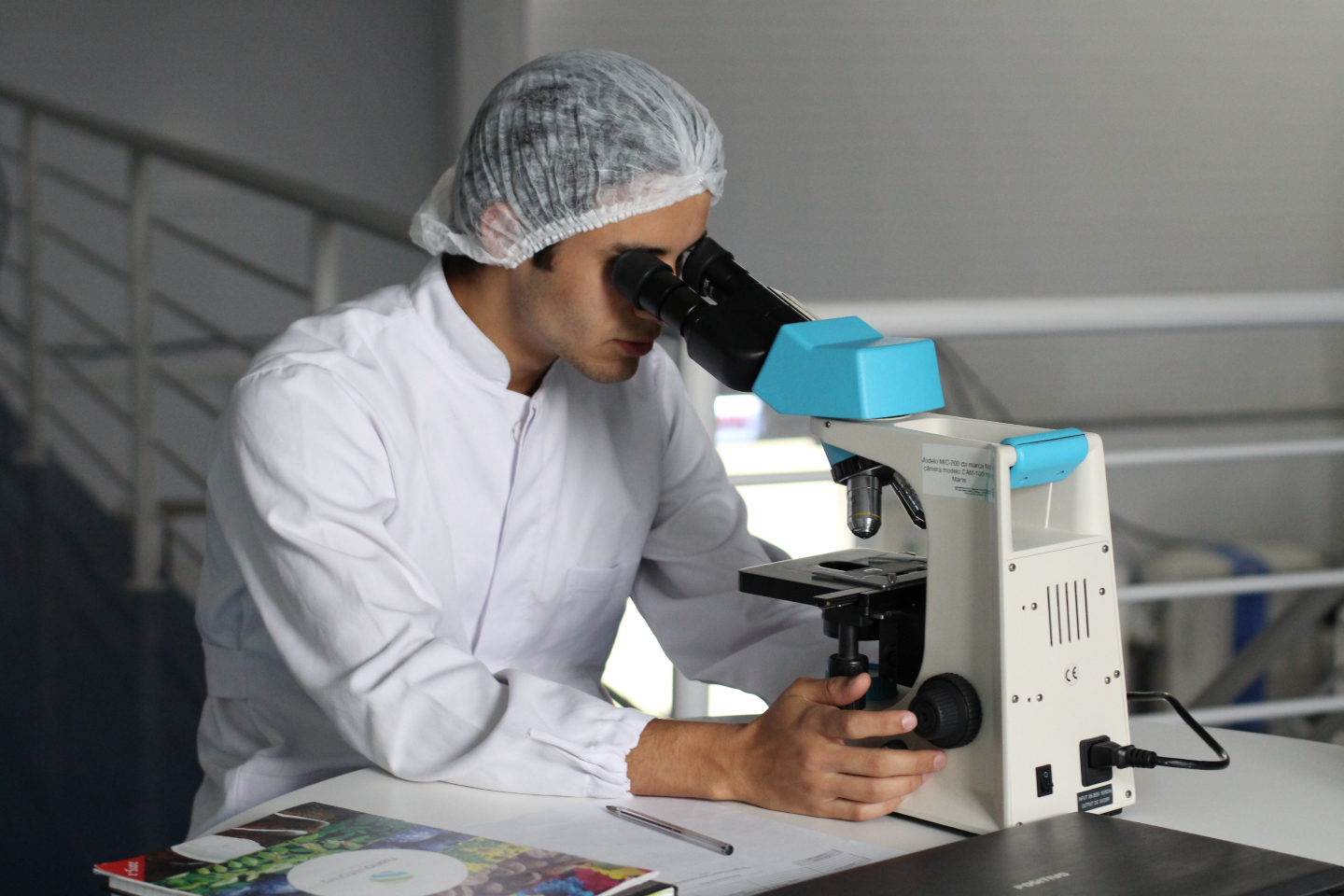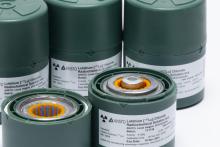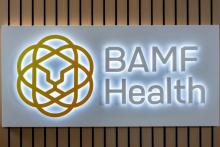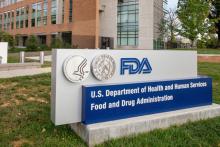ASX-listed Radiopharm Theranostics says a new report published by prestigious science journal Nature on the role of cancer catalyst LRRC15 in the growth of tumours could demonstrate the effectiveness of the company’s DUNP19 antibody. LRRC15 is a substance produced by aggressive cancer cells and cells in the surrounding micro-environment, but not healthy normal tissue.


ASX-listed Radiopharm Theranostics says a new report published by prestigious science journal Nature on the role of cancer catalyst LRRC15 in the growth of tumours could demonstrate the effectiveness of the company’s DUNP19 antibody.
LRRC15 is a substance produced by aggressive cancer cells and cells in the surrounding micro-environment, but not healthy normal tissue.
Radiopharm’s DUNP19 targets LRRC15 and the antibody is unique in its dual action in killing both the cancerous tumour and micro-environment cells that make up most of the mass of a solid tumour.
The Nature report was written by Dr Shannon J Turly and a group of more than 30 scientists and showed LRRC15 proteins on cancer associated fibroblasts are essential for protecting tumour cells from the immune system and therefore essential for allowing them to grow.
Radiopharm says it plans to replicate the work done by Dr Turly in the laboratory by labelling DUNPY19 with a high-energy radioactive isotope.
The company believes radio labelled DUNPY19 should directly kill tumour cells in addition to the surrounding cells in the tumour microenvironment that protects the cancer from being attacked by the immune system.
In April, Radiopharm signed an exclusive licensing agreement with University of California Los Angeles Technology Development Group to licence the promising antibody.
The agreement permits Radiopharm to develop radiotherapeutic products using DUNP19, however UCLA retains ownership of the DUNP19 intellectual property.
The antibody was developed by Dr David Ulmert PhD and assistant-professor-in-residence at UCLA Molecular and Medical Pharmacology whose department is described as one of the world’s premier developers of novel compounds to battle malignant diseases.
A focus treatment usage for the antibody is on osteosarcoma, a bone cancer primarily affecting children, adolescents and the young adult population.
Aggressive osteosarcoma is one of the highest producers of LRRC15, making it an ideal candidate for proof-of-concept testing of DUNP19.
Just last month the antibody was granted orphan drug designation by the United States Food and Drug Administration allowing Radiopharm to receive benefits and incentives including tax credits for qualified clinical trials, exemption from user fees and a potential seven years of market exclusivity following the drug’s approval.
The orphan status can be granted by the US FDA for a drug or biologic product with the potential to diagnose, prevent or treat rare diseases and conditions.
DUNPY19 also received rare paediatric disease designation by the US FDA last month that allows a company to receive a priority review voucher that can expedite approval or be transferred or sold to another company once a product is authorised for market.
Radiopharm has a long pipeline of products, tackling a range of cancers, at various stages of pre-clinical and clinical trials.
Is your ASX-listed company doing something interesting? Contact: matt.birney@businessnews.com.au












